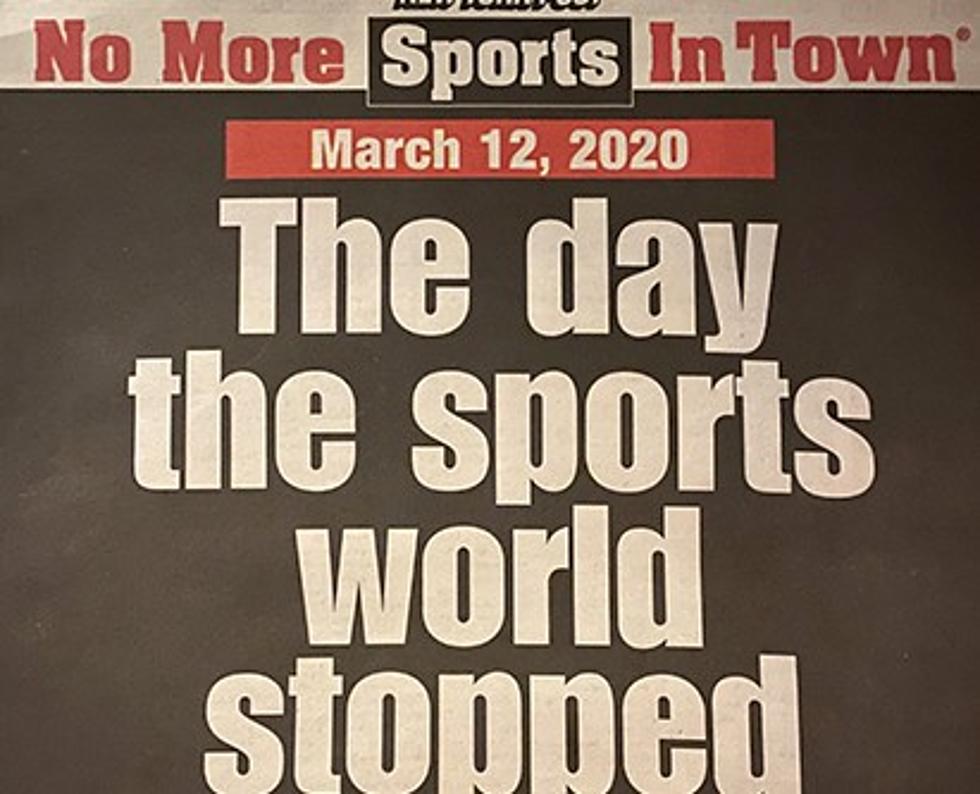
More New Jerseyans giving the ‘gift of life’
Organ and tissue donations in New Jersey soared last year, increasing 37 percent in 2015.
There were 531 donations last year, up from 388 in 2014, according to the NJ Sharing Network. But officials emphasize the need for this type of giving is greater than ever these days.
Joe Roth, president and CEO of NJ Sharing Network, which coordinates donations and donors with 54 hospitals in the state, says although donations are up, the need is also rising.
"The population is both aging and also suffering from various diseases that create end-stage organ failure," he said, listing such maladies as diabetes, hypertention and obesity.
Roth believes a key component to the 2015 record high was public education and awareness about the need for organ donation.
"Some of that has been because people have indicated their wishes ahead of time, either on the Motor Vehicle Commission Donor Registry, or through advance directives, and we are seeing about 17 to 20 percent of our donors from that type," he said.
A big part of the record number last year was the Sharing Network's relationship with 54 donor hospitals in the Garden State. Roth says they have developed tremendous relationships with all 54 of them.
"So those hospitals are prepared to identify potential donors when they arrive and work with our staff if the opportunity exists for them to become donors," he said.
Roth said the need for more donations never stops. Each day, three people are added to the New Jersey waiting list for a donation, and 90 people died in 2015 waiting for one, he said.
"It is one of the highest forms of charity that anyone can do is to save another life," said Roth, who added that not every area of the country enjoyed the same success with organ donations that New Jersey saw.
Roth said while some of us may picture organ donation as the sharing of a heart or kidney or liver, there are many many other organ and tissue donation options these days. He says tissue donations are more life-enhancing types of transplants. There is bone that can be processed into devices used for spinal surgery and joint surgery. There are whole joints, such as ACL ligaments and sports type injuries that are replaced.
In addition, corneas can be recovered for people who have cataracts and other eye injuries. Skin is recovered and processed into a device that is used for reconstructive surgery after a mastectomy or the closure of a large wound. Heart valves are recovered and used for patients who need a heart valve replacement.
For anyone in New Jersey who is not already an organ donor volunteer and wants to sign up, Roth offers this advice: "First, they should tell their loved ones what their wishes are. No matter what else they do, somebody in your family should know that that is what you would like done."
Second, potential donors can go to the Sharing Network's website and click on "become an organ donor" to get to the National Donate Life America donor registry, where you can sign up to be an organ and tissue donor.
Joe Cutter is the afternoon news anchor at New Jersey 101.5.
More From 92.7 WOBM










